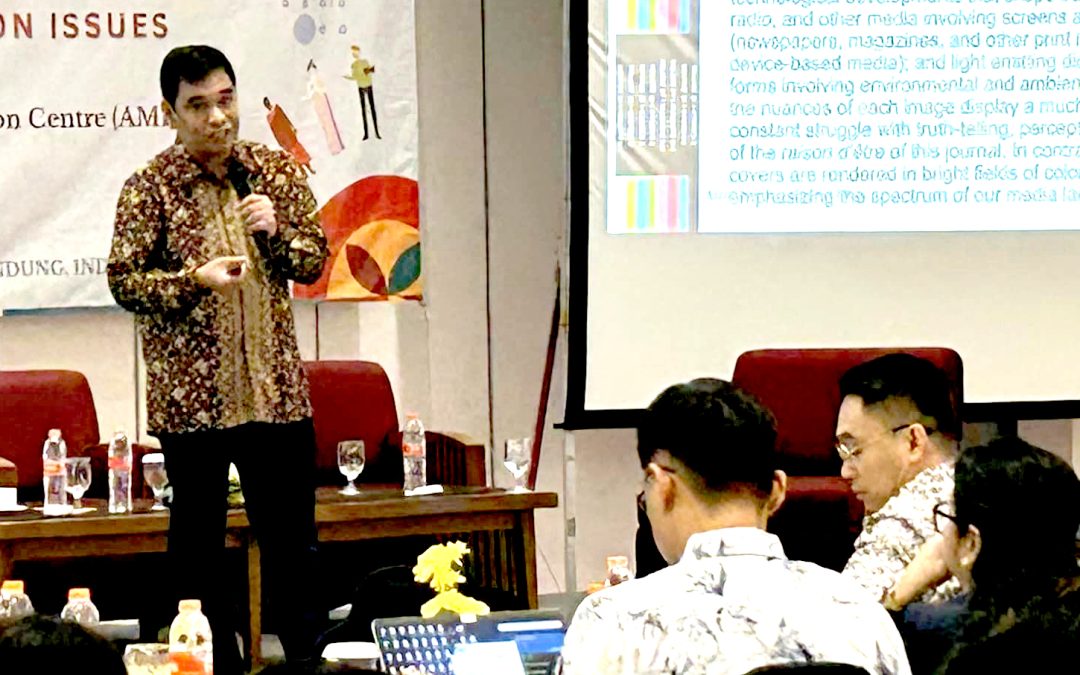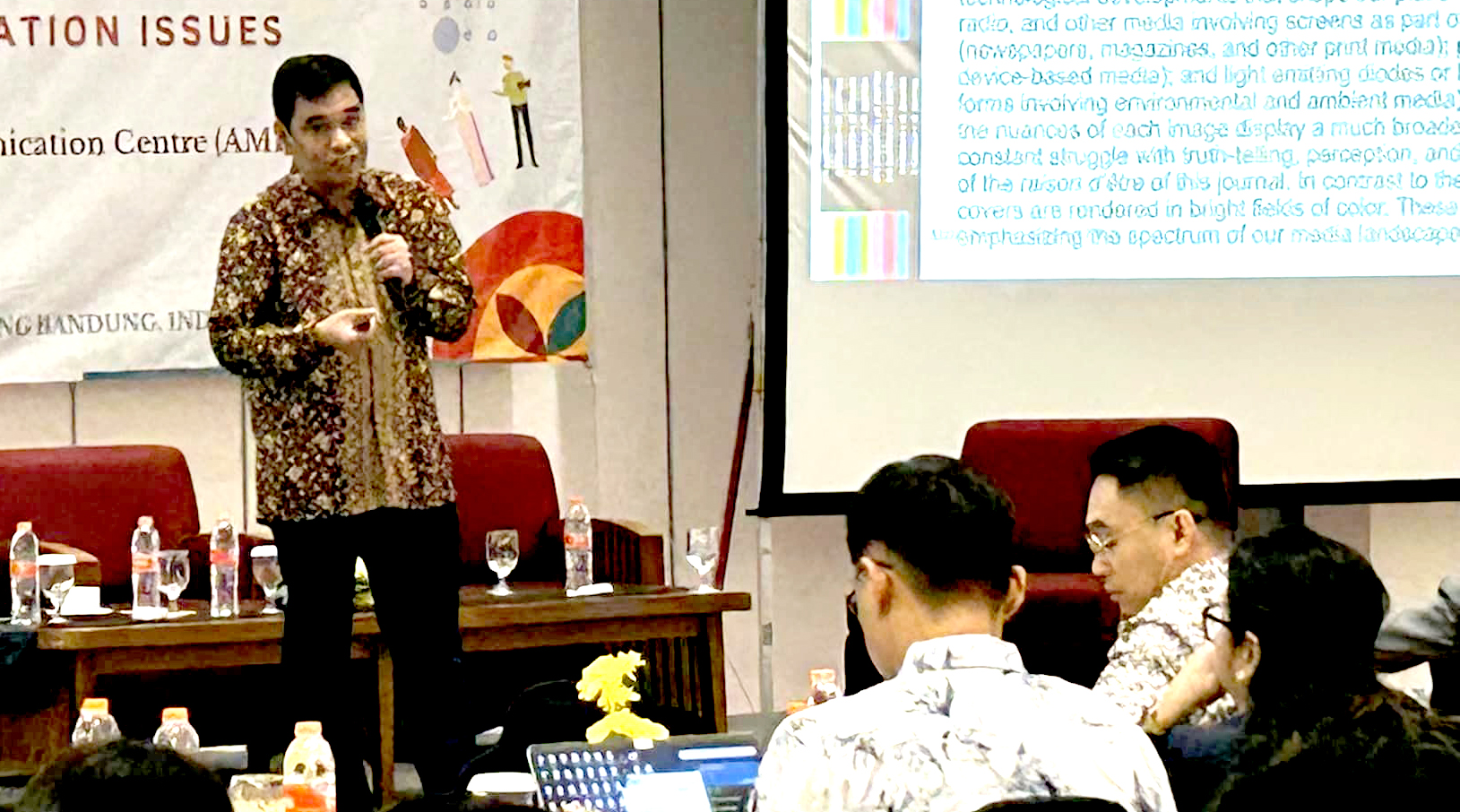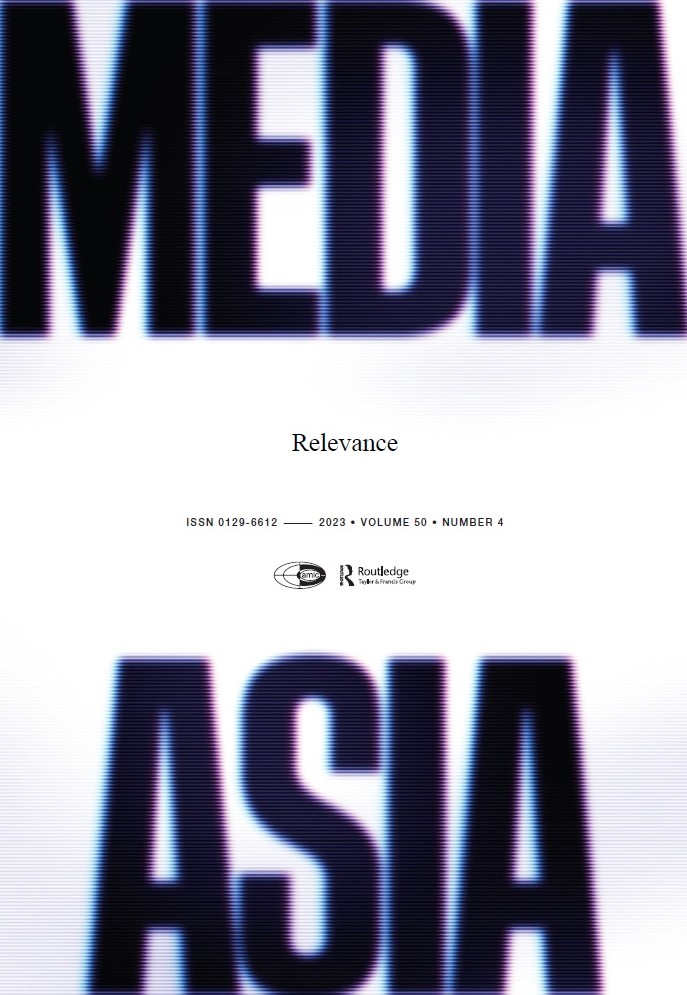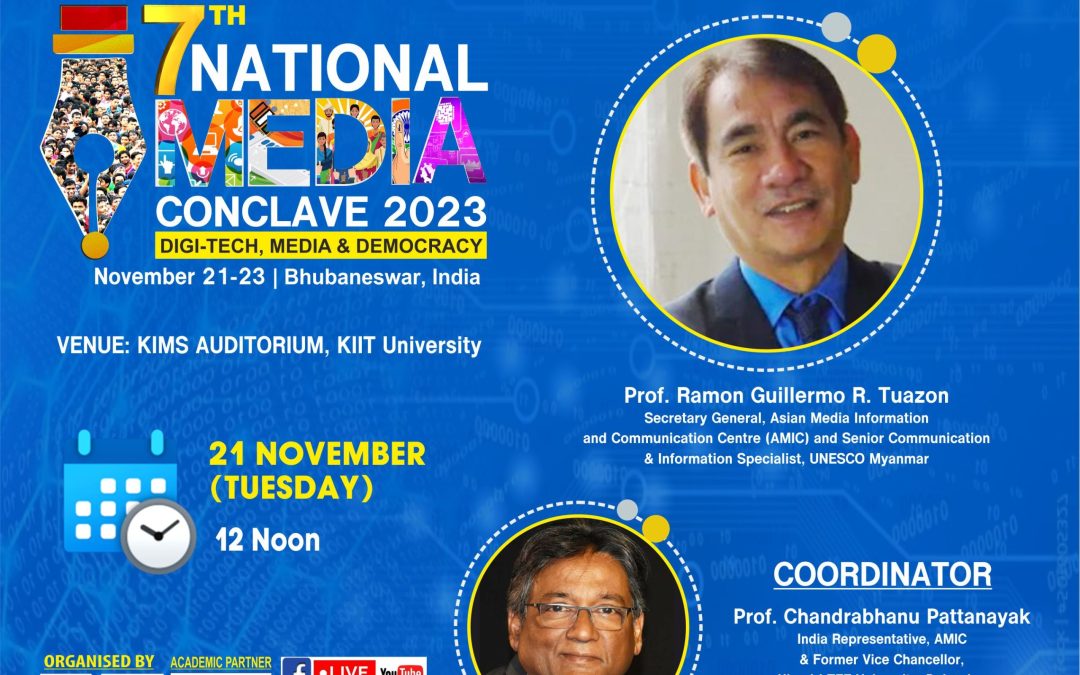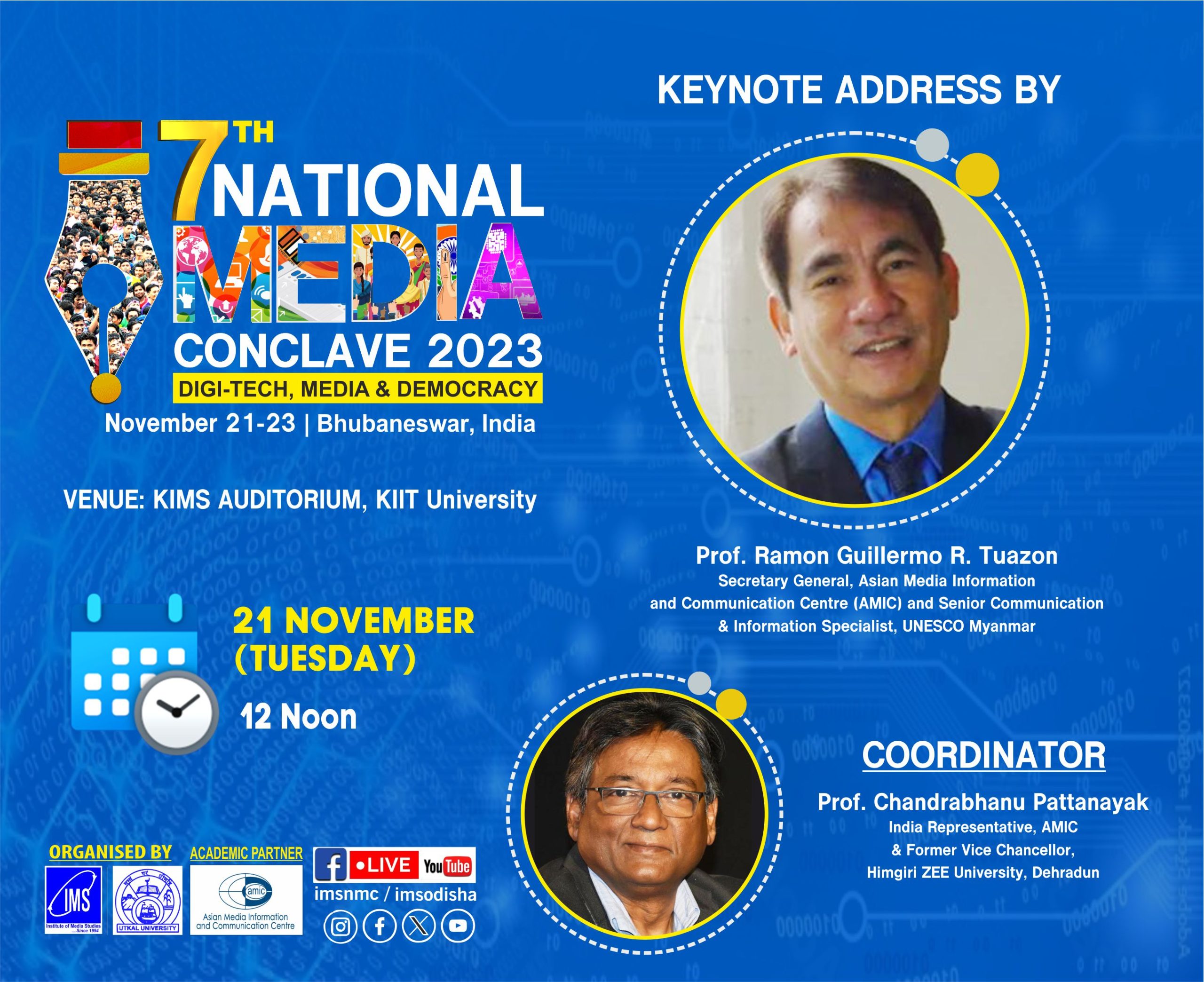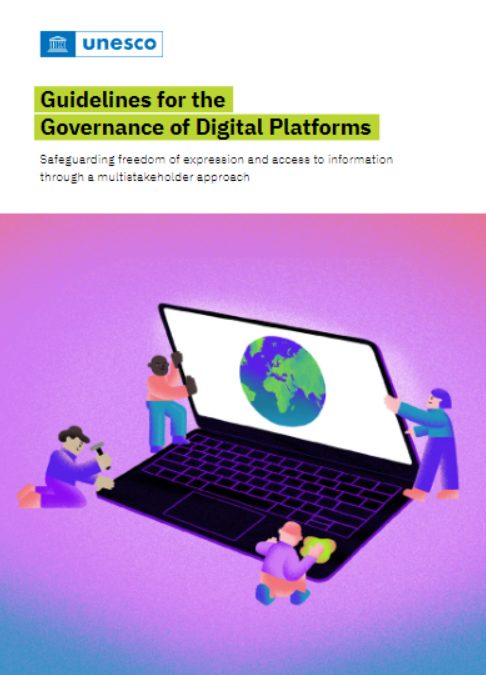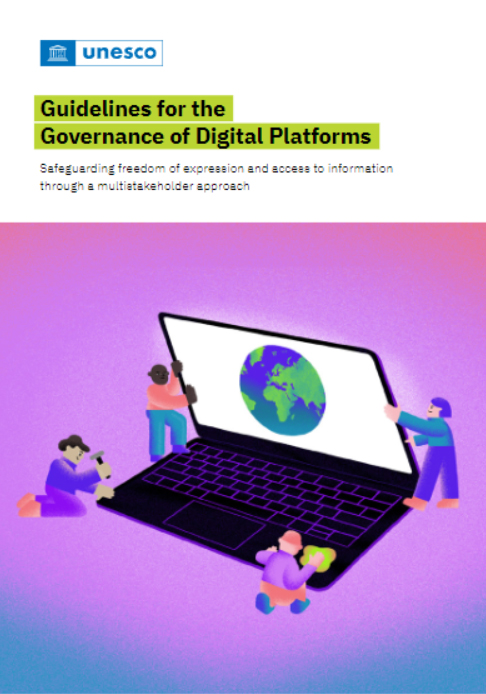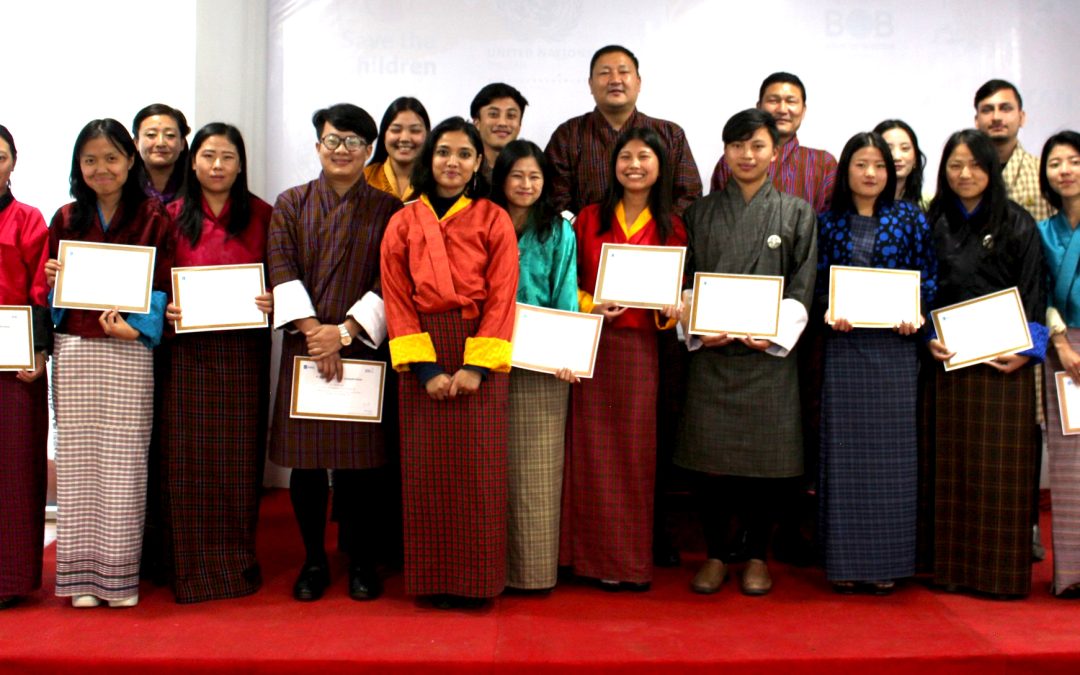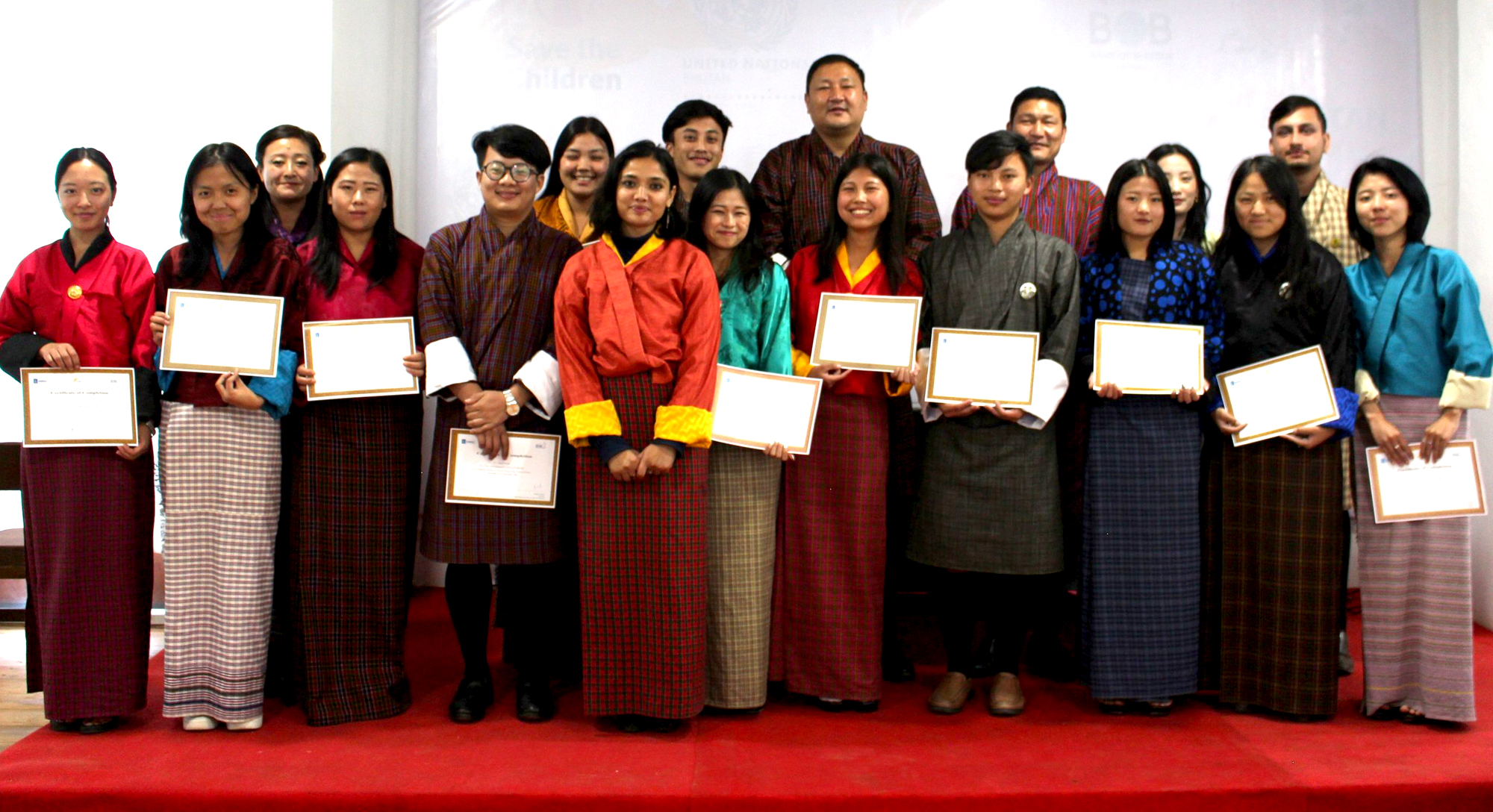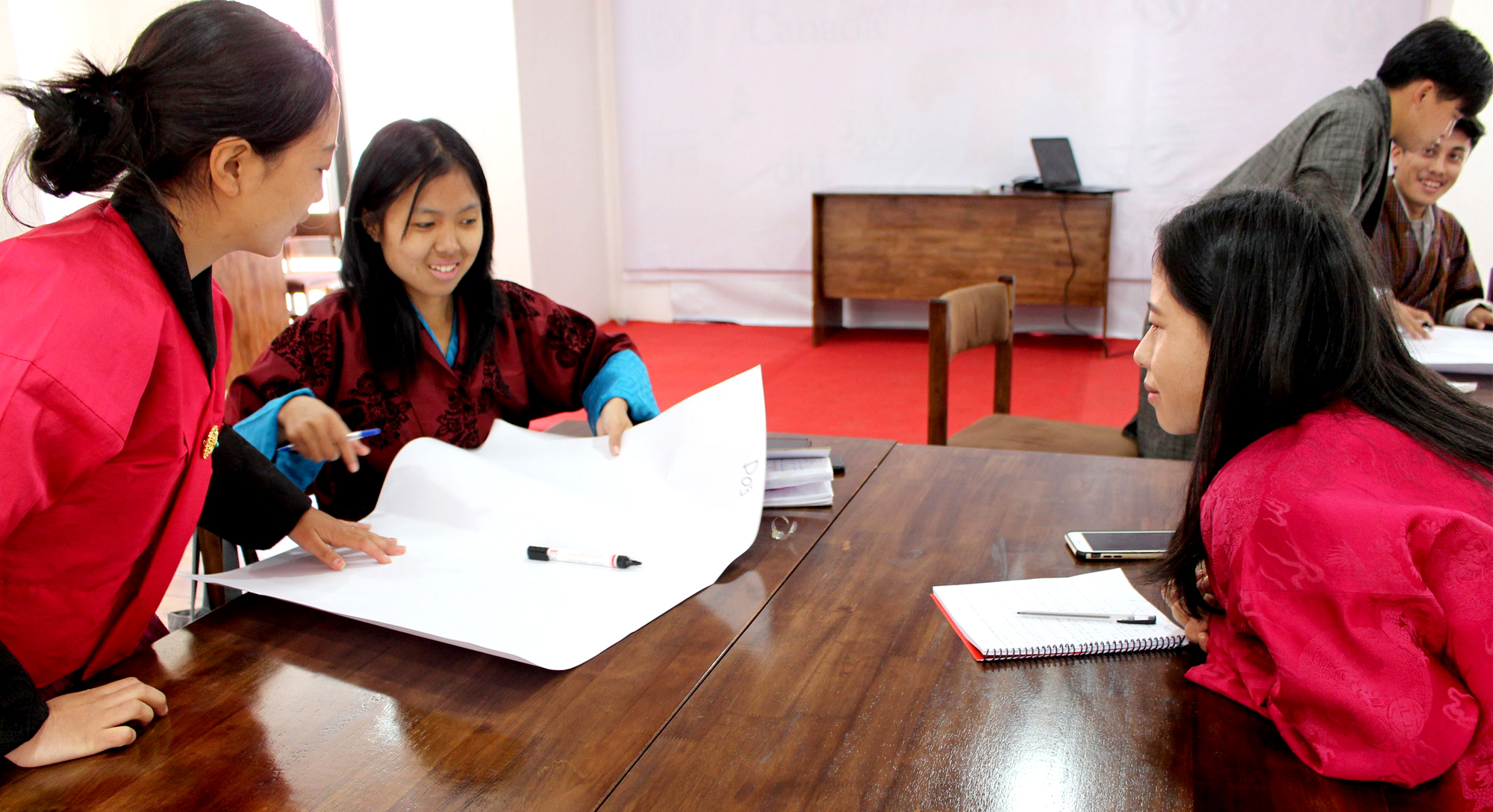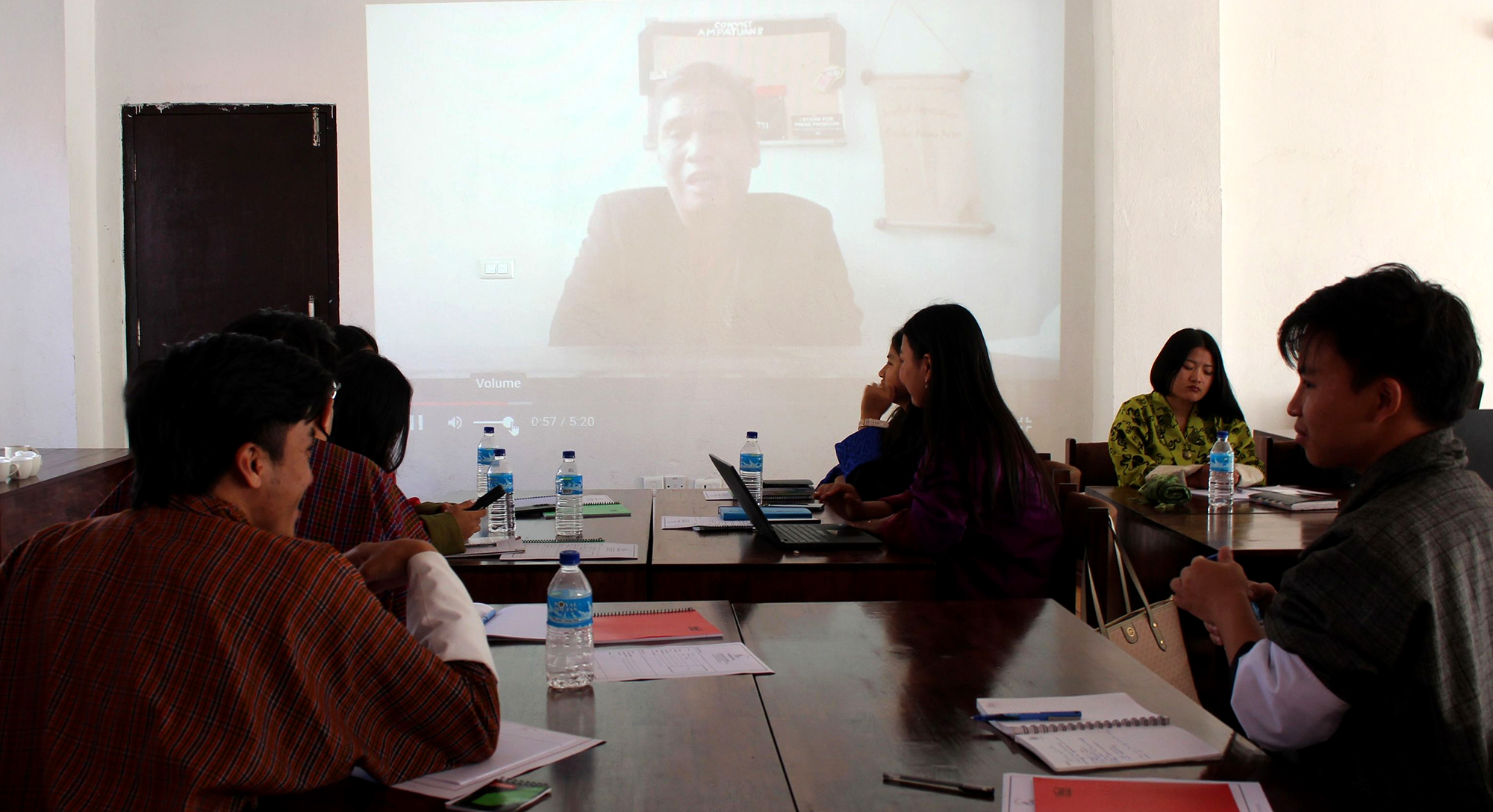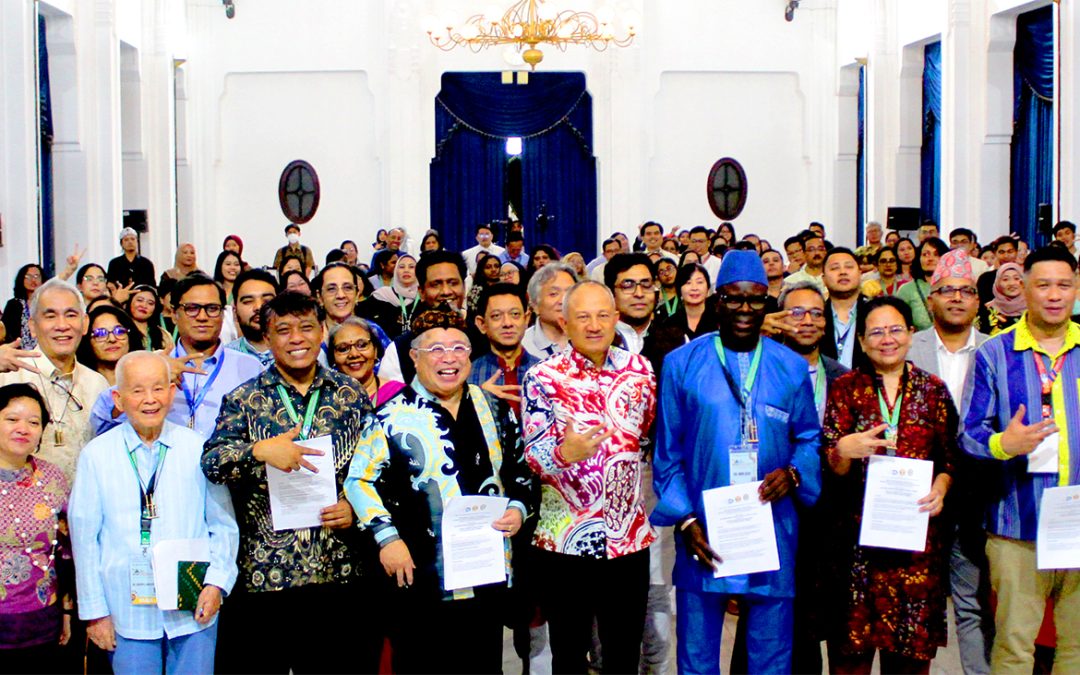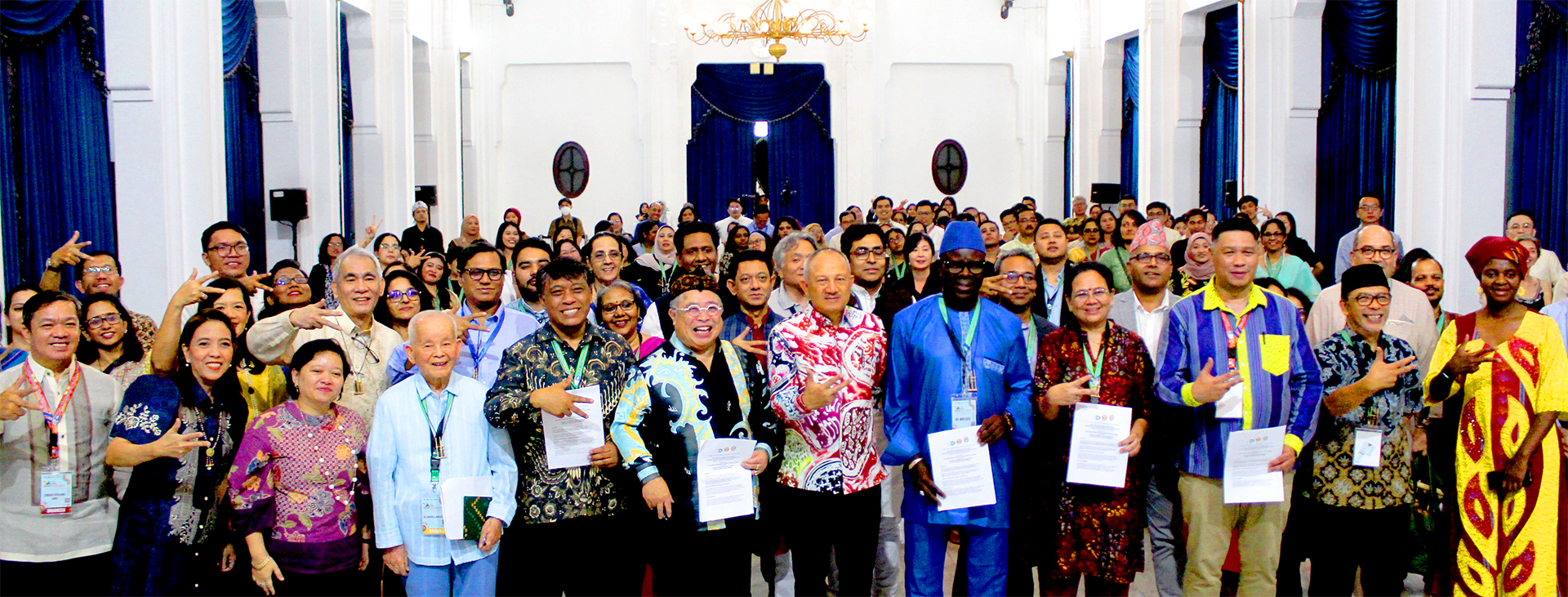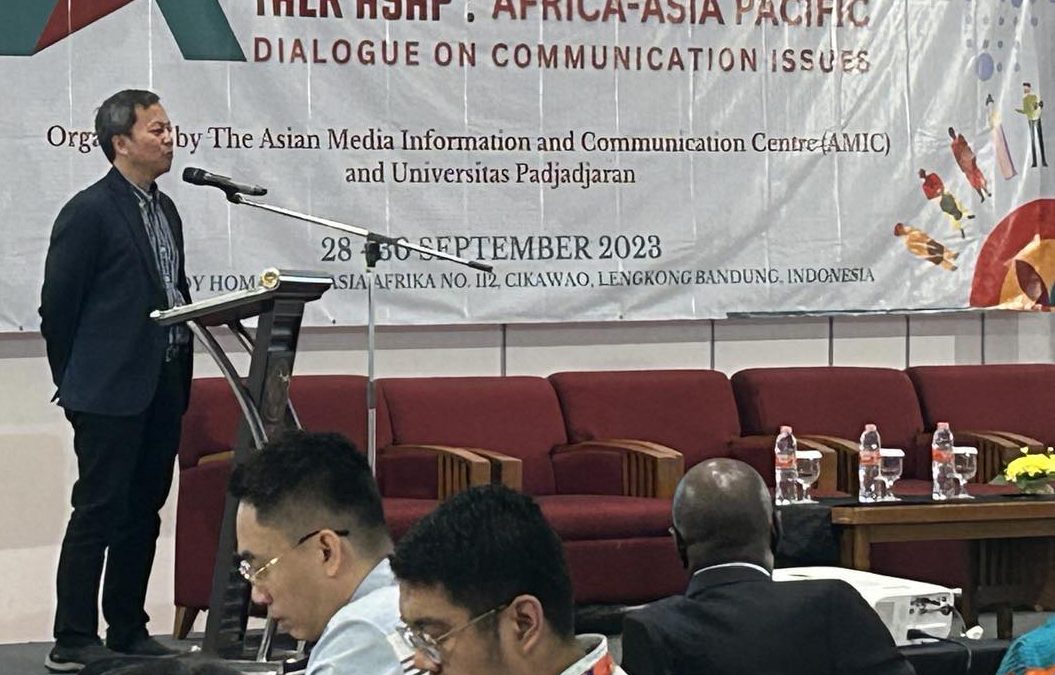
UNPAD to launch Asian-African
UNPAD to Launch Asian-African Studies Programme in 2024
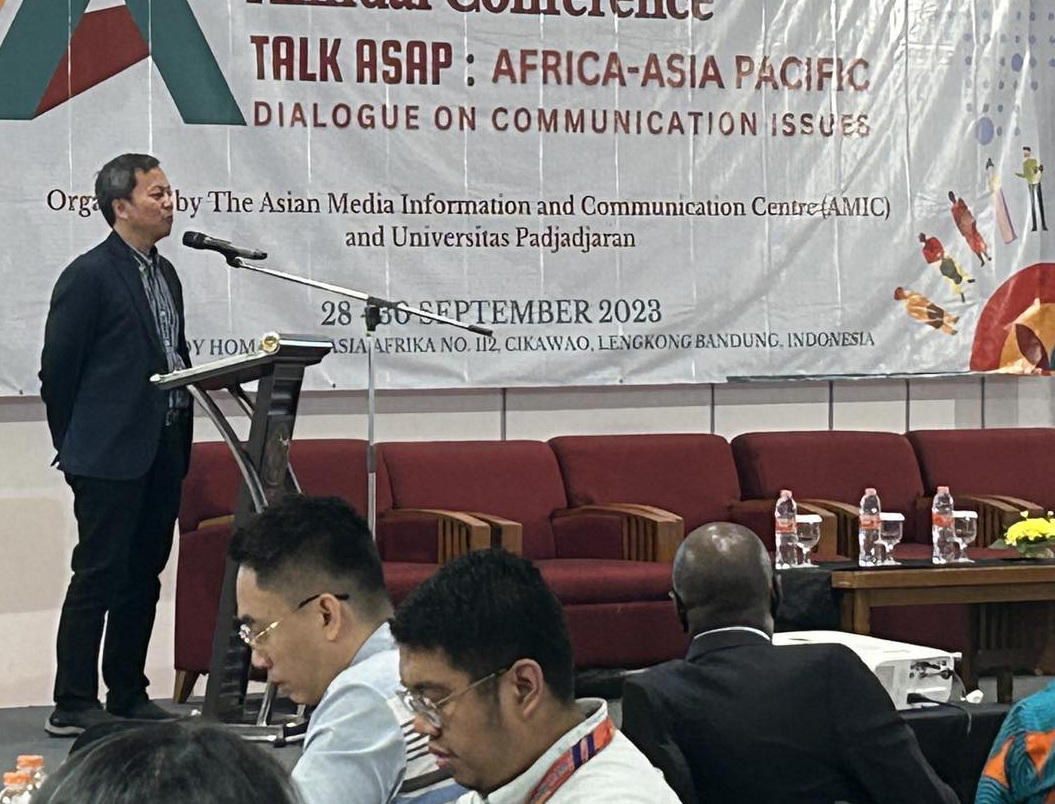
At the 29th AMIC Annual Conference, the Universitas Padjadjaran (UNPAD) bared its plan to launch an Asian-African Studies Programme as one of the concrete outputs of the conference.
Rizky Abdullah, PhD, UNPAD’s Director of Research and Community Service said that the AMIC “will be a leading partner of UNPAD” in this programme which will be formally introduced in 2024 in time for the 70th anniversary celebration of the Bandung Conference.
Recognizing that the Asia-Africa cooperation is part of the global trend toward internationalization of education, Abdullah said that UNPAD believes that “before we seek global cooperation with higher education institutions (HEIs) from different continents, we should prioritize partnership with HEIs from the African continent because Asia-Pacific and Africa HEIs have many commonalities in terms of development issues, challenges and opportunities.”
Among the initiatives being primed for the Asian-African Studies Programme are sharing and exchange of lessons and experiences in addressing common development issues and concerns, especially in communication and information; sharing and exchange of lessons and experiences, especially best practices, in development work and in Communication for Development (C4D); and the promotion of Afro-Asian communication scholarship through collaborative academic initiatives.
Abdullah added that they want the programme to foster networking among Asian and African professionals and institutions for collaborative programs/projects in research, publications, forums, and faculty/student exchanges. At the same time, he expressed willingness to explore the feasibility of adopting a mechanism for inter-continental consultation toward consensus-building for current and emerging global communication issues.
“These action points are aligned with the Bandung Communique which provides that ‘the promotion of cultural co-operation among countries of Asia and Africa should be directed towards the acquisition of knowledge of each other’s country, mutual cultural exchange, and exchange of information’,” he said.
The UNPAD and AMIC will also invite the UNESCO to be a major partner in the proposed Asian-African Studies Programme. “We have noted that UNESCO’s global priorities are Africa and Gender Equality,” Abdullah said.
He also called on different government agencies, higher education institutions, professional associations, and media agencies to partner with UNPAD to “realize the vision of the 1955 Bandung Conference especially in the area of communication and information.” (END)

